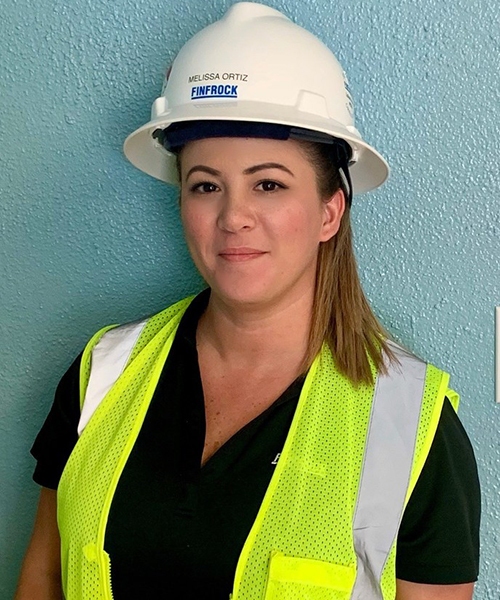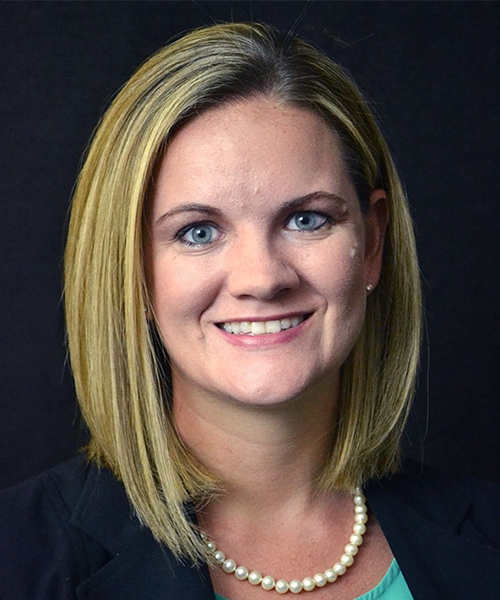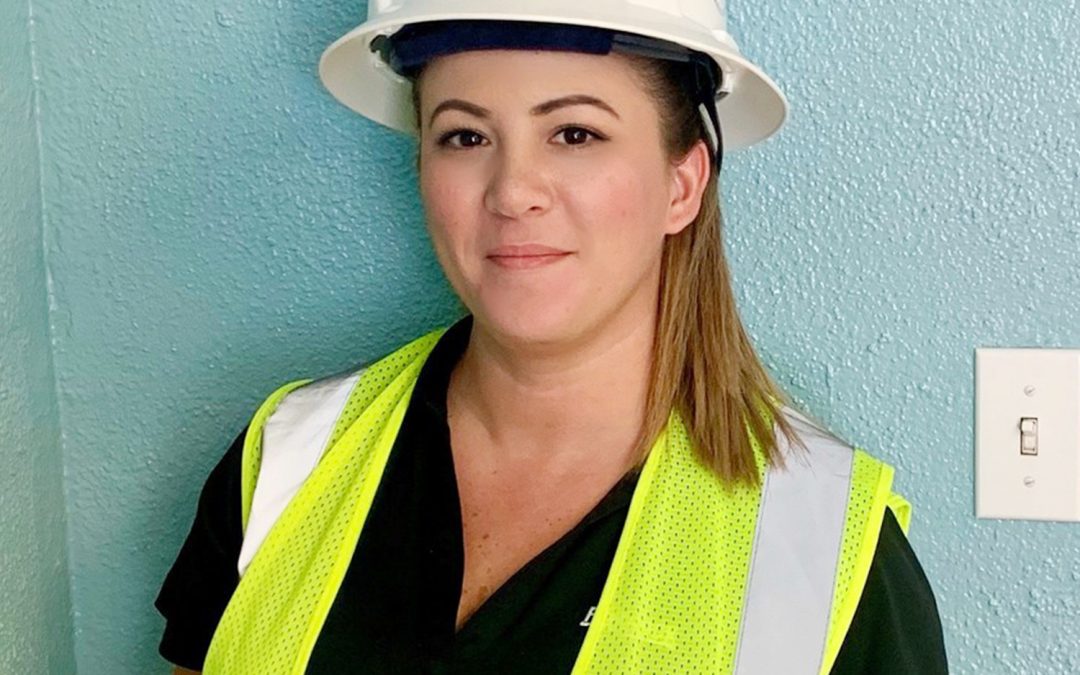Downloading this demo confirms your agreement to FINFROCK's Terms of Use, Copyright Policy and Privacy Policy linked in the footer of this website.
Currently, women represent only 10% of the construction workforce. In the field, that statistic has an even starker contrast: For every 100 men on the jobsite, there is only one woman. However, many of the women who go to work in construction every day do so with the drive and a vision for a more diverse and more inclusive workforce.
Professional organizations, vocational training programs and lawmakers all have vital roles to play in bringing more women into industries like construction that have historically been predominantly male.
In addition to supporting gender equality from a human rights and diversity inclusion perspective, attracting and retaining more women in the construction workforce has major economic benefits. Numerous studies have come to a similar conclusion: gender diversity is good for business. In fact, according to the Peterson Institute, companies who were in the top 25% in gender diversity of their workforce were 46% more likely to outperform their industry average.
Read on to also learn more about why promoting more women in construction should matter to builders and companies around the world and meet some of the women at FINFROCK who keep the industry rocking.
Melissa Ortiz

Q: What are some of the typical “stereotype” responses you encounter when you tell someone that you work in the construction industry? How do you respond to them?
A: “A typical response is “Really? You work out in the field?” My response is “I don’t work out in the field; I assist in managing the projects. There is more to construction then just working out in the field. It takes a big team of professionals to make it happen!”
Q: What advice would you give to other women just beginning a career in construction?
A: “To be confident in your knowledge at all times. Expand your knowledge by seeking new skills and don’t be afraid to ask questions.”
Kathryn Maluda

Q: When did you begin your career in the construction industry and were you surprised and/or nervous to be entering this industry?
A: “I started my career in Construction in 2005 at Finfrock working as a construction administrative assistant and part time field admin with Roger Jones at ORH D Deck expansion. Its been so long now I don’t recall whether I was nervous, I would imagine I was, but Roger helped show me the ropes in the field which helped me enjoy the everyday challenges of construction.”
Q: What is the most challenging part about being in a male-dominated industry?
A: “The biggest challenges came early on in my career, most of which have come from being young, inexperienced, and a woman. Instead of misdirecting my focus, I have focused on working smarter, with a drive to want to succeed further, for the benefit of the company.”
Q: What kind of changes would you like to see happen in the industry in the coming years? What is an aspiration you have for women in construction?
A: “For the construction industry I would like to see all employees stay accountable to do our job and promote growth with more training. My aspiration for women in construction is for women to not feel like their gender will hold them back and to continue to work hard and not be afraid to speak up in fear of being shunned, it starts with leadership.”
Saara Ganga

Q: What is the most rewarding aspect of being a woman in construction?
A: “While being a woman in Construction can be very demanding, my reward is breaking the stereotype by never saying no to a challenge and building my credibility by doing everything I can to get the job done.”
A: “I would say my greatest accomplishment so far would be being a part of Project 801 from inception to completion, as well as completing, with the help of an amazing team, both projects ahead of schedule. I was able to help on many different facets of the project while gaining so much knowledge.”
A: “I’ve gained so much more respect for women in Construction whether it be a Painter, Electrician or a Senior Project Manager. The long hours and the physical demands of the job are not for the weak of mind or body.”

